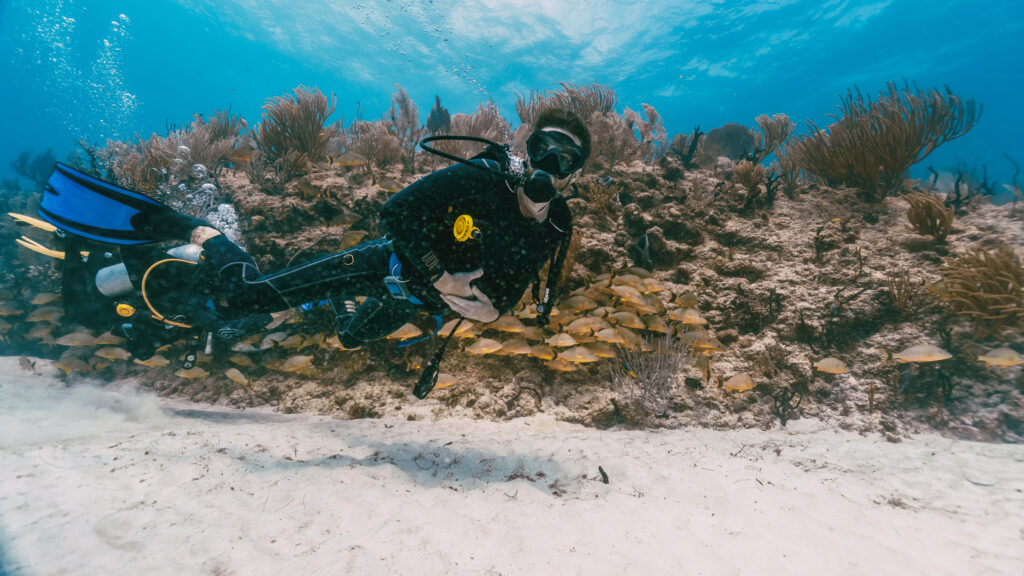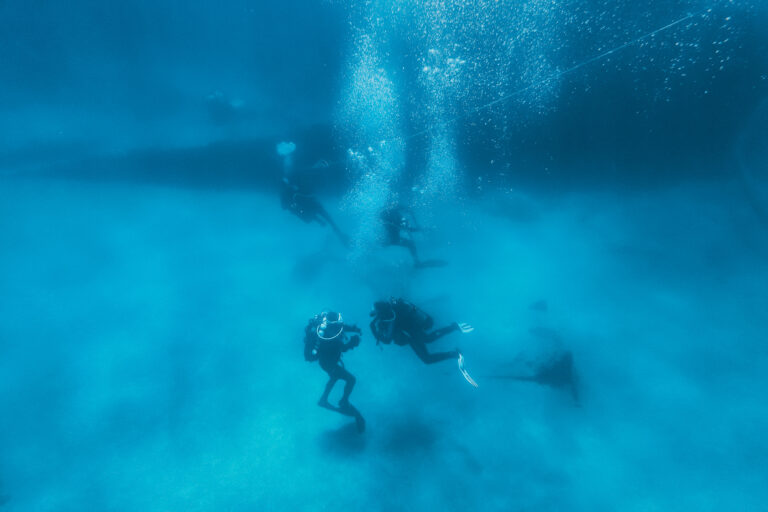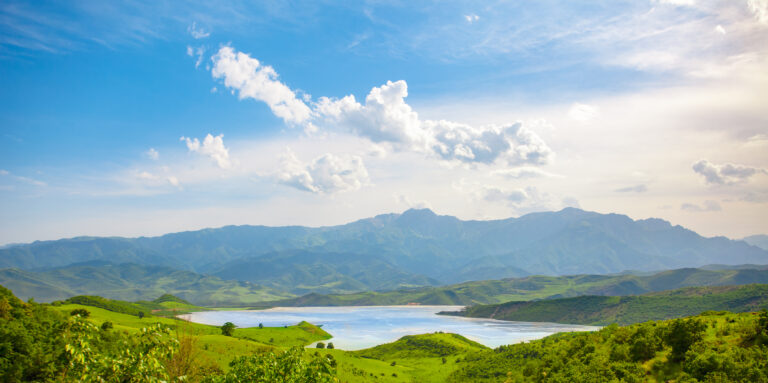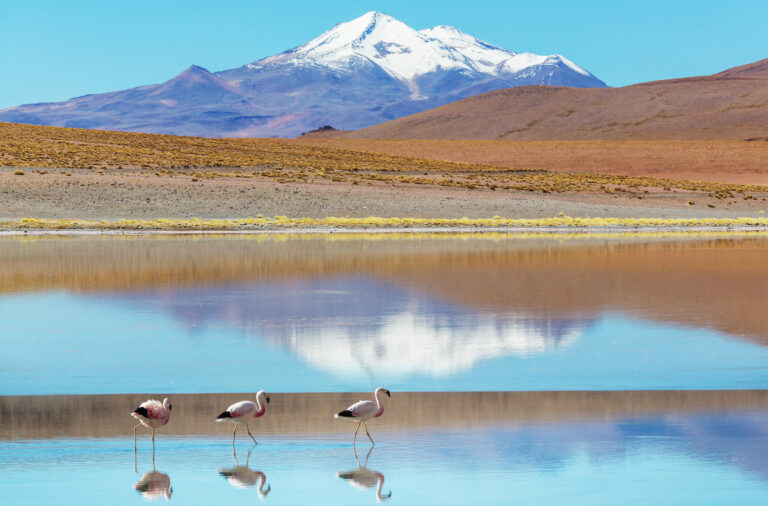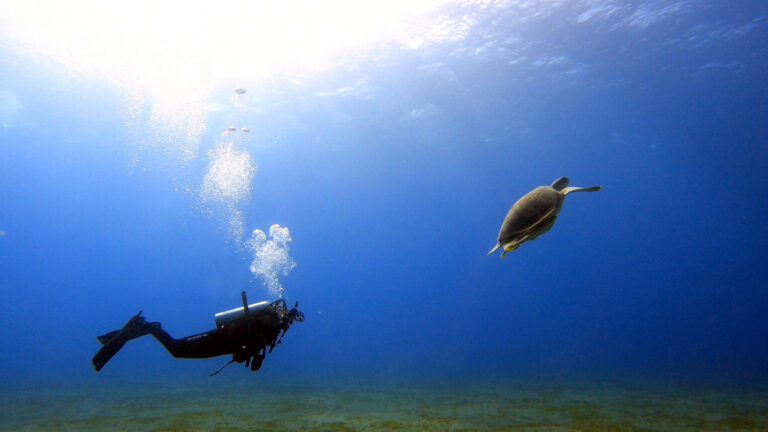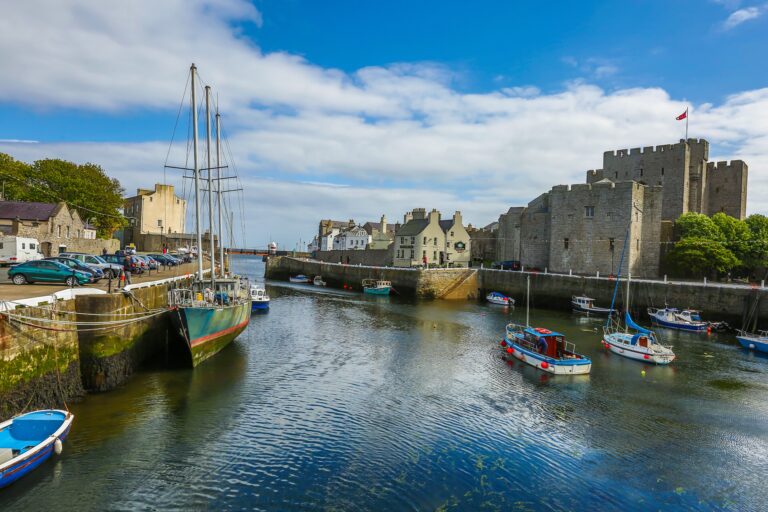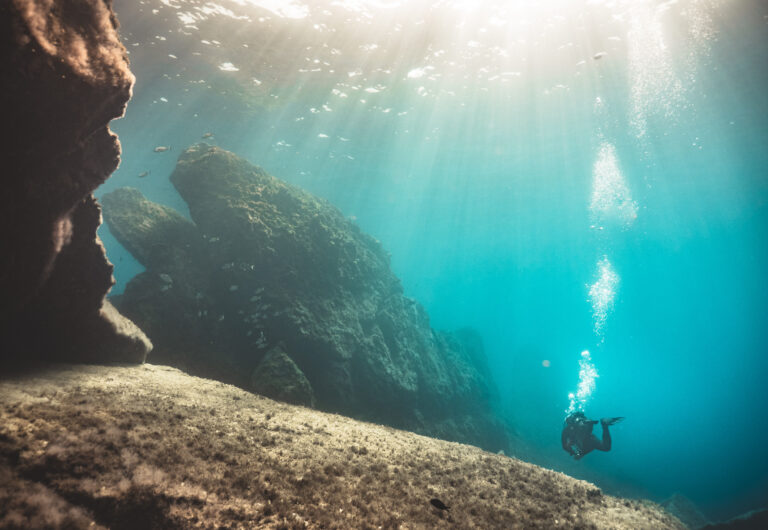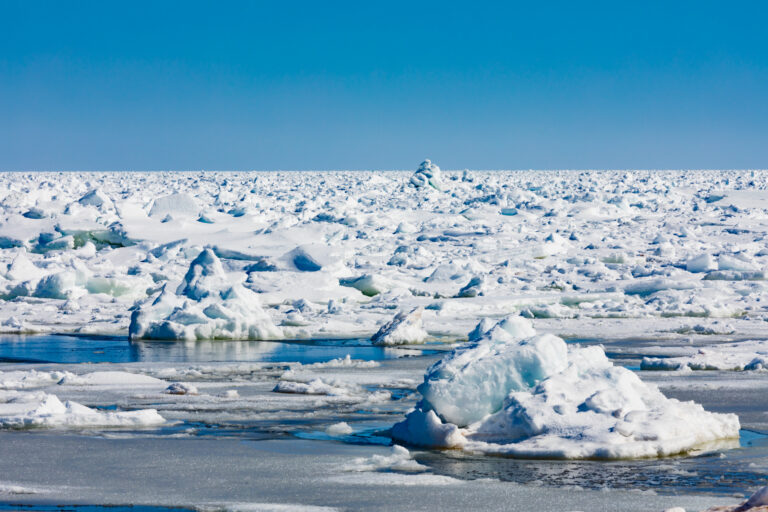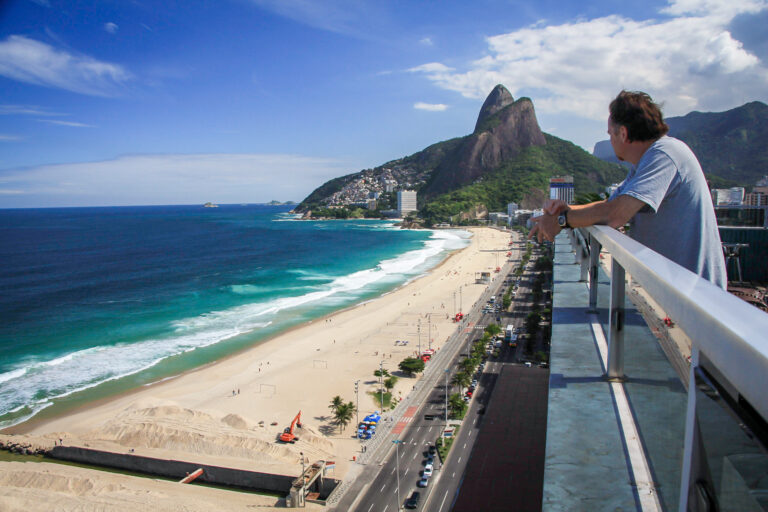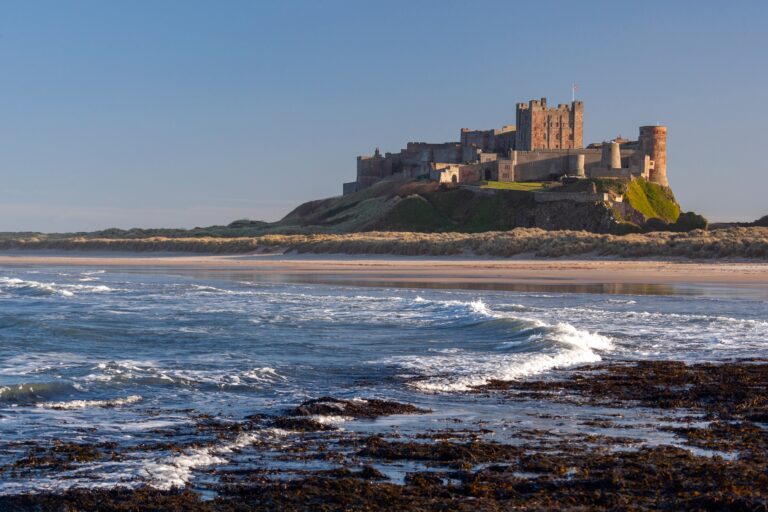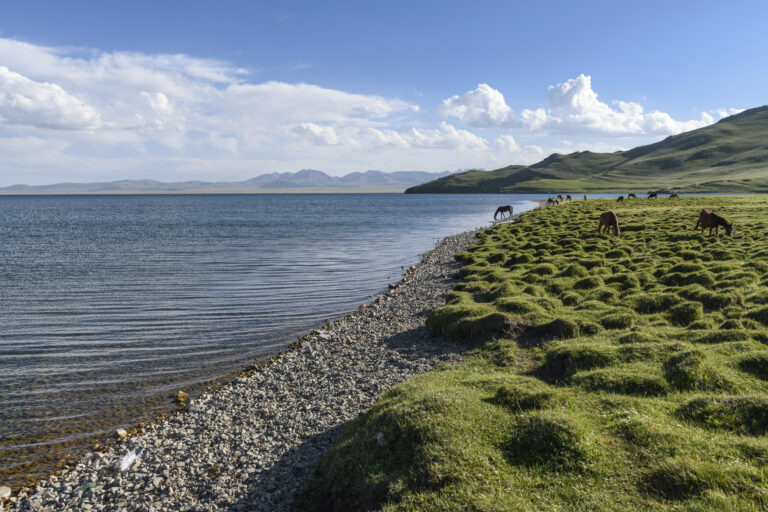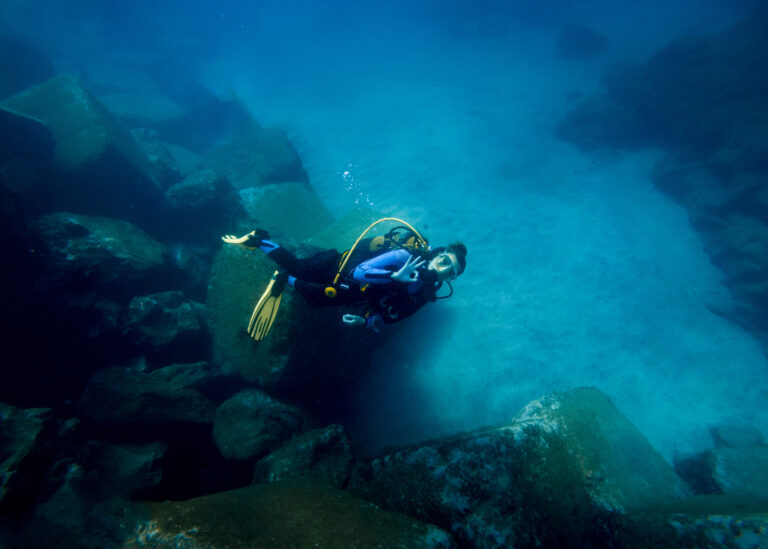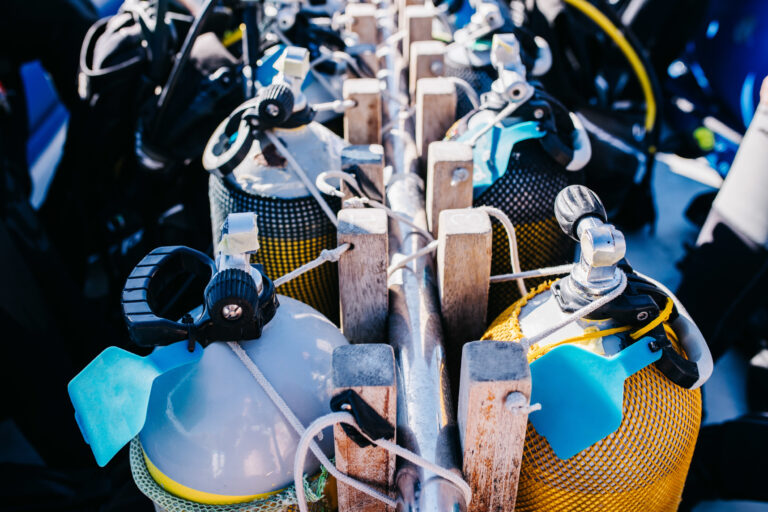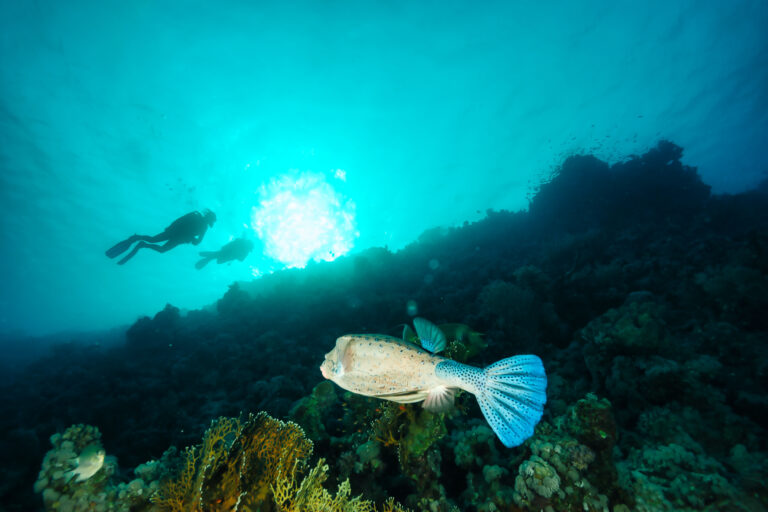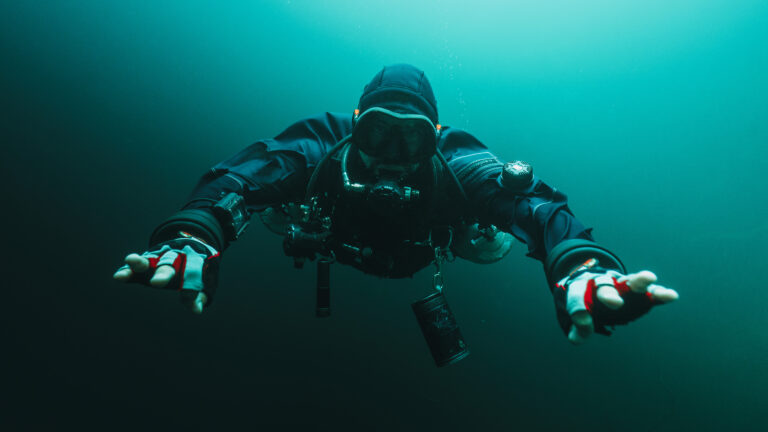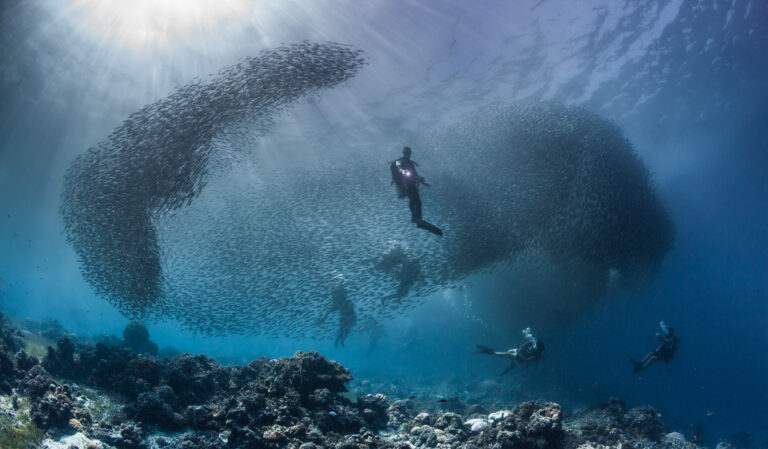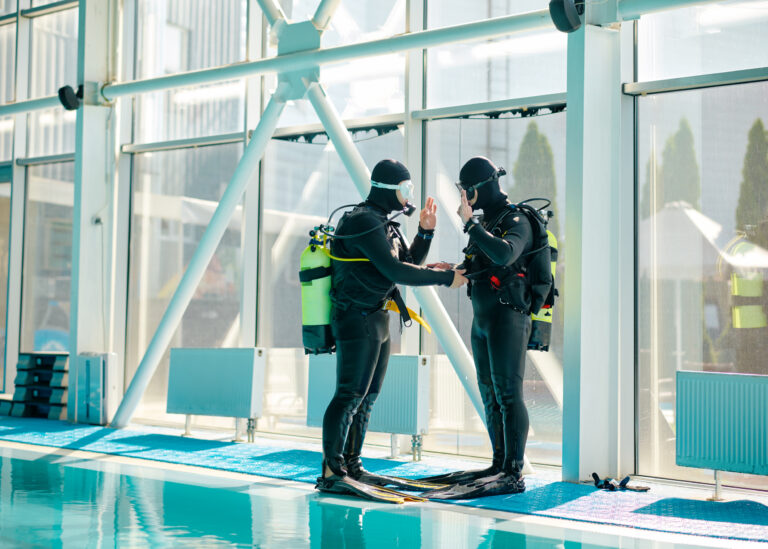Scuba Divers’ Travel Guide to Vanuatu
Vanuatu, an archipelago in the South Pacific, is a top destination for scuba divers seeking rich marine biodiversity and unique underwater landscapes. The clear, warm waters are home to vibrant coral reefs, abundant fish species, and larger marine animals such as sharks and rays. The diverse underwater environments, including coral gardens, drop-offs, and shipwrecks, provide a range of diving experiences. Vanuatu’s pristine marine environments and rich cultural heritage make it an ideal destination for scuba travelers. With its stunning natural beauty, Vanuatu offers a captivating and unforgettable diving adventure.
Location and Geography
Vanuatu, an archipelago nation in the South Pacific Ocean, is a scuba diver’s paradise, renowned for its remarkable underwater landscapes and rich marine biodiversity. This Y-shaped collection of over 80 islands, situated about 1,750 kilometers east of Australia, spans approximately 1,300 kilometers from north to south. The islands are of volcanic origin, which has given rise to a dramatic underwater topography of plunging cliffs, cavernous drop-offs, and submerged volcanic craters. The warm, clear waters surrounding Vanuatu are home to a variety of dive sites, including vibrant coral reefs teeming with life, WWII wrecks, and the world-famous SS President Coolidge. The island nation’s location on the edge of the Coral Sea, within the bounds of the “Coral Triangle,” ensures a confluence of currents that nourish the coral gardens and attract a plethora of pelagic species, making it an exceptional destination for divers seeking both ecological diversity and historical intrigue beneath the waves.
Visa and Entry Requirements
Before embarking on your underwater adventure to Vanuatu, it is essential to understand the visa and entry requirements for this tropical paradise. Travelers from most countries can enter Vanuatu visa-free for up to 30 days, provided they have a passport valid for at least six months beyond their intended stay, a return ticket, and proof of sufficient funds. Extensions for up to four months can be applied for within the country. However, some nationalities do require a visa, so it’s important to check with the nearest Vanuatu consulate or embassy prior to your trip. Upon arrival, you’ll receive a visitor’s permit, which is stamped in your passport. Ensure that you adhere to the conditions of your permit, as overstaying can result in fines or other legal complications. Always keep abreast of the latest travel advisories and entry requirements, as regulations can change. With the paperwork in order, you can dive into the crystal-clear waters and explore the magnificent coral reefs and historic WWII wrecks that make Vanuatu a diver’s dream.
Getting to Vanuatu
Getting to Vanuatu, an archipelago nation in the South Pacific, is an adventure in itself, offering a glimpse into the remote beauty that awaits beneath its waves. Most travelers will find their way to Vanuatu by air, with Bauerfield International Airport in Port Vila, the capital city, serving as the main gateway. Direct flights are available from several major cities in Australia, New Zealand, and Fiji, with airlines such as Air Vanuatu, Qantas, Virgin Australia, and Fiji Airways operating regular services. Upon arrival, divers can take domestic flights to reach other islands like Espiritu Santo and Tanna, which are also popular for their underwater attractions. For those seeking a more scenic route, there are cruise ships that include Vanuatu in their South Pacific itineraries. Once in Vanuatu, the warm, crystal-clear waters teeming with marine life are just a short boat ride away, ready to offer an unforgettable scuba diving experience.
Best Time to Dive
Getting to Vanuatu, an archipelago nation in the South Pacific, is an adventure in itself, offering a glimpse into the remote beauty that awaits beneath its waves. Most travelers will find their way to Vanuatu by air, with Bauerfield International Airport in Port Vila, the capital city, serving as the main gateway. Direct flights are available from several major cities in Australia, New Zealand, and Fiji, with airlines such as Air Vanuatu, Qantas, Virgin Australia, and Fiji Airways operating regular services. Upon arrival, divers can take domestic flights to reach other islands like Espiritu Santo and Tanna, which are also popular for their underwater attractions. For those seeking a more scenic route, there are cruise ships that include Vanuatu in their South Pacific itineraries. Once in Vanuatu, the warm, crystal-clear waters teeming with marine life are just a short boat ride away, ready to offer an unforgettable scuba diving experience.
Accommodation Options
In the tropical paradise of Vanuatu, scuba divers can find a variety of accommodation options to suit their preferences and budgets. From eco-friendly bungalows nestled along the pristine beaches to luxurious resorts with on-site dive centers, there is something for everyone. Budget-conscious travelers can opt for guesthouses or hostels in the bustling capital of Port Vila or on the outskirts of popular dive spots like Espiritu Santo and Tanna Island. Those seeking a more intimate experience might choose boutique resorts or private villas that offer personalized services and easy access to renowned dive sites such as the SS President Coolidge wreck. Many accommodations in Vanuatu cater specifically to divers, providing amenities like gear storage, rinse tanks, and knowledgeable staff who can arrange boat trips and guide you to the best underwater treasures. Whether you’re looking to socialize with fellow divers or retreat to a secluded spot after a day beneath the waves, Vanuatu’s range of lodgings will ensure a comfortable and convenient stay in this diver’s haven.
Dive Operators and Dive Shops
In the enchanting archipelago of Vanuatu, dive operators and dive shops serve as gateways to an underwater realm of extraordinary beauty and historical significance. These establishments, found on key islands such as Efate, Espiritu Santo, and Tanna, are staffed by seasoned professionals who prioritize safety and environmental stewardship. They offer a range of services, from PADI certification courses for novices to guided excursions for experienced divers. The dive shops in Vanuatu are well-equipped to cater to the needs of international divers, providing rental gear that meets global standards, and boats that are often spacious and comfortable. Many operators specialize in visits to renowned sites like the SS President Coolidge wreck and the vibrant coral gardens of Million Dollar Point. With their local knowledge, the dive guides enhance the experience by revealing hidden underwater marvels and sharing tales of the islands’ rich cultural and volcanic history. Whether you’re looking to explore the depths for the first time or aiming to tick off a bucket-list dive, Vanuatu’s dive operators and shops stand ready to deliver an unforgettable subaquatic adventure.
Transportation within Vanuatu
Transportation within Vanuatu offers a blend of options tailored to the adventurous spirit of scuba divers seeking to explore its underwater treasures. Domestic flights operated by Air Vanuatu connect the main islands, such as Efate, Santo, and Tanna, providing quick access to renowned dive sites. For a more scenic route, ferries and private boat charters are available, allowing divers to enjoy the archipelago’s stunning coastal views and potentially spot marine life en route to their next dive destination. On the islands themselves, minibuses and taxis are the primary means of land transport, with rentals available for those who prefer the freedom to explore at their own pace. It’s important to plan ahead, as some remote dive locations may require arranging transport through dive operators or resorts, ensuring that the journey is as smooth as the descent into Vanuatu’s crystal-clear waters.
Currency and Payment Methods
In the tropical paradise of Vanuatu, the official currency is the Vanuatu Vatu (VUV). While major hotels, resorts, and dive operators may accept credit cards such as Visa and MasterCard, it’s important to note that smaller establishments and remote dive sites often only accept cash. Therefore, it’s advisable to carry sufficient Vatu for incidental expenses, tips, and services where electronic payments are not an option. Currency exchange services are available at the airport, banks, and some hotels, but for the best rates, consider exchanging a portion of your money at a bank in Port Vila or Luganville. ATMs are also available in these urban centers, but they become scarce as you venture out to more secluded dive spots. Always check with your dive operator ahead of time regarding their preferred payment methods to ensure a smooth and enjoyable underwater adventure in Vanuatu’s crystal-clear waters.
Language and Communication
In the enchanting archipelago of Vanuatu, where the crystal-clear waters beckon scuba divers to explore its underwater marvels, communication is key to a seamless diving experience. The official languages are Bislama, English, and French, with Bislama being a pidgin language that blends aspects of English with Melanesian grammar, widely spoken and understood by the locals. Dive operators are typically fluent in English and often in French, ensuring that they can cater to an international clientele. It’s beneficial for divers to learn a few basic phrases in Bislama, such as “Halo” for “Hello” and “Tangkyu tumas” for “Thank you very much,” as a sign of respect and to enhance interactions with the friendly Ni-Vanuatu people. Hand signals remain the universal mode of communication underwater, but it’s important to review these with your dive guide to avoid any confusion during your underwater adventure. Embracing the local language and customs will enrich your diving journey in Vanuatu, creating a more immersive and culturally respectful experience.
Local Culture and Attractions
Vanuatu, an archipelago nation in the South Pacific, offers a rich tapestry of indigenous Melanesian culture that is as vibrant and inviting as its underwater wonders. Visitors are greeted with the warm smiles of the Ni-Vanuatu people, whose traditional customs and ceremonies, such as the famous land diving on Pentecost Island, are a testament to their deep connection with the land and sea. Above the surface, the islands are dotted with cultural attractions, including the National Museum of Vanuatu in Port Vila, which showcases ancient artifacts and provides insights into the local history and customs. The bustling markets of Port Vila are a colorful mosaic of local produce, handcrafted goods, and the melodious sounds of Bislama, the local pidgin. After a day of diving, explorers can immerse themselves in the local cuisine, sampling lap lap (a traditional baked dish) or sipping on kava, a ceremonial drink with sedative properties, as they revel in the serene beauty of a Vanuatu sunset. With its blend of natural beauty and cultural richness, Vanuatu is a destination that offers a truly holistic experience both below and above the waves.
Cultural Etiquette and Tips
When visiting the enchanting archipelago of Vanuatu for scuba diving, it’s important to approach the local culture with respect and sensitivity. Ni-Vanuatu people are known for their friendly and welcoming nature, but it’s essential to observe certain customs. Dress modestly when you’re not on the beach or at a dive resort, as revealing clothing can be frowned upon, especially in rural areas. Always ask for permission before taking photographs of people, as it’s a sign of respect for their personal space and privacy. When interacting with locals, a soft-spoken and humble demeanor is appreciated, and learning a few basic phrases in Bislama, the local pidgin, can go a long way in showing your interest in the culture. If you’re invited into a village or a local’s home, it’s customary to bring a small gift, such as school supplies for children or basic food items. Remember to take off your shoes before entering a home, and if you’re offered kava, a traditional ceremonial drink, it’s polite to accept and partake. By following these cultural etiquette tips, you’ll not only enrich your diving experience in Vanuatu but also foster genuine connections with the local community.
Local Laws and Regulations Relevant to Tourists
When planning a scuba diving trip to Vanuatu, it is essential for tourists to familiarize themselves with local laws and regulations to ensure a safe and lawful experience. Vanuatu’s marine ecosystems are protected by various environmental laws, and divers must adhere to guidelines that prohibit touching or taking marine life, as well as the collection of coral. It is illegal to dive within the boundaries of marine reserves without a permit. Divers should also be aware that some areas may be culturally significant and require special permission from local chiefs or communities before diving. Additionally, Vanuatu enforces strict safety standards for diving operations, and tourists should only dive with certified dive operators who comply with these regulations. It is mandatory for divers to carry a valid certification card and logbook. Lastly, when diving on historical wreck sites, such as the SS President Coolidge, divers must respect the site as a war grave and follow specific guidelines to prevent damage to the wreck and its artifacts. Failure to comply with these laws and regulations can result in hefty fines or legal action, so it is in every diver’s best interest to dive responsibly and with respect for Vanuatu’s unique underwater heritage and environment.
Safety Tips and Emergency Contacts
When diving in the enchanting waters of Vanuatu, safety is paramount to ensure an unforgettable underwater experience amidst its vibrant coral reefs and historic WWII wrecks. Always dive within your certification limits and conduct a thorough pre-dive safety check with your buddy. It’s essential to stay hydrated, avoid alcohol before dives, and be mindful of your body’s signals to prevent decompression sickness. Familiarize yourself with local currents and weather conditions, which can change rapidly. Carry a surface marker buoy (SMB) and a whistle for visibility and emergency signaling. In case of an emergency, know the location of the nearest recompression chamber, which is situated in Port Vila, and have the contact details for the Vanuatu Hyperbaric Centre (+678 22575 or +678 7750158). Additionally, ensure that you have access to emergency services by keeping the local emergency number (112) at hand. It’s also prudent to have dive insurance that covers hyperbaric treatment and emergency evacuation. By adhering to these safety tips and having emergency contacts readily available, you can dive into Vanuatu’s underwater marvels with peace of mind.
Health and Travel Insurance
Before embarking on your underwater adventure to the enchanting waters of Vanuatu, it is crucial to secure comprehensive health and travel insurance that covers scuba diving activities. The remote beauty of Vanuatu’s dive sites, while alluring, means that access to medical facilities can be limited, especially in the event of a diving-related injury. Ensure that your policy includes coverage for hyperbaric treatment and emergency medical evacuation, as the nearest decompression chamber may be a significant distance away. Additionally, given the potential for unforeseen events such as weather disruptions or personal health issues, a policy that covers trip cancellations and interruptions can save you from financial stress. Always carry proof of your insurance and emergency contact numbers with you. By taking these precautions, you can dive into the crystal-clear waters of Vanuatu with peace of mind, knowing that you are well-protected.

